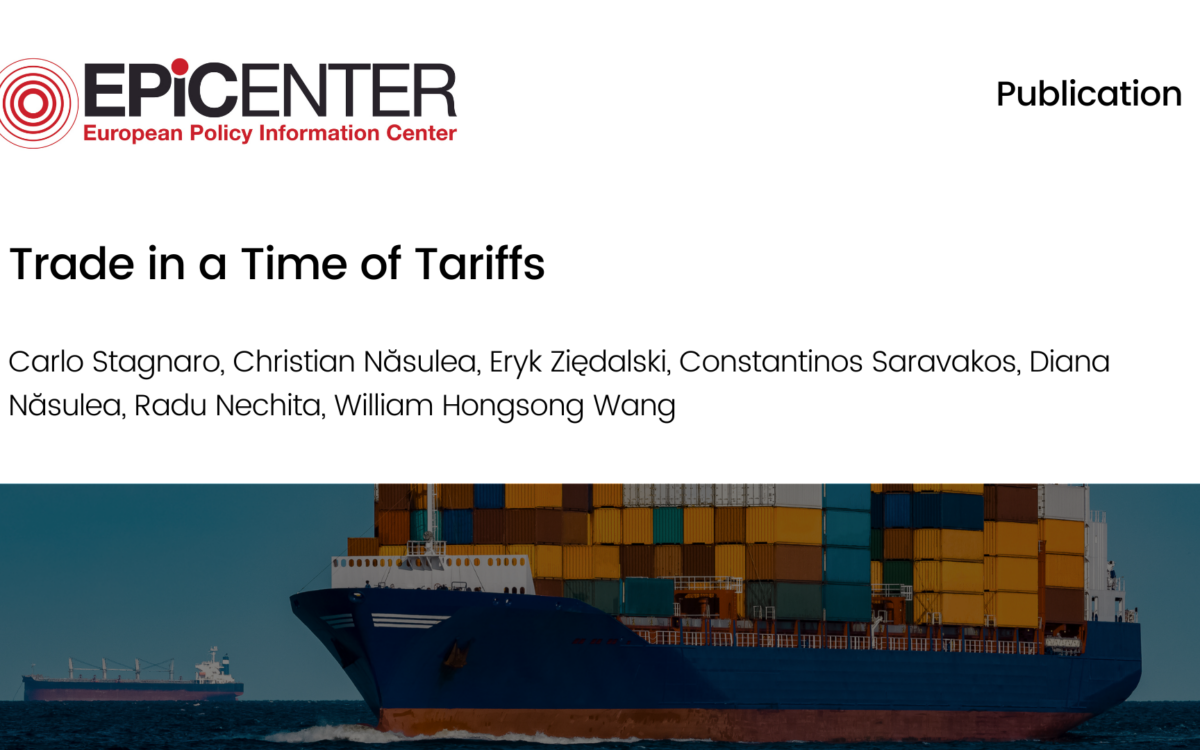Offshore Bet

Offshore Bet
6 June 2018
The popular account of offshore financial centres as hotbeds of tax evasion is an outdated caricature that bears little resemblance to how OFCs operate. Our new report debunks a number of myths surrounding OFCs – or tax havens – and outlines the important economic function they play in a globalised world. Their role in facilitating individual and corporate tax planning, which is entirely legal but politically controversial, has come under the spotlight, and prevented a measured conversation about their economic role.
OFCS are not hotbeds of tax evasion – by mitigating instances of double and triple taxation, offshore centres raise aggregate investment. Their existence is also associated with better economic outcomes in the countries that surround them.
OFCs do not adversely affect the revenue-raising ability of other countries. For example, average corporate tax revenue as a share of all taxes collected has grown slightly OECD countries since 1980.
It is not true that OFCs levy no taxes. Their average tax revenue as a share of national income is only six percentage points lower than across the OECD.
Many OFCs do not meet the OECD’s definition of a ‘tax haven’. They tax their residents to an extend comparable with Western countries; they are transparent with foreign tax authorities; and they comply with international tax treaties.
Undermining the existence of OFCs would harm investment, economic growth and international capital flows, while the promised benefits from intervention are unlikely to materialise.
Download or share this publication
View the PDF
EPICENTER publications and contributions from our member think tanks are designed to promote the discussion of economic issues and the role of markets in solving economic and social problems. As with all EPICENTER publications, the views expressed here are those of the author and not EPICENTER or its member think tanks (which have no corporate view).



